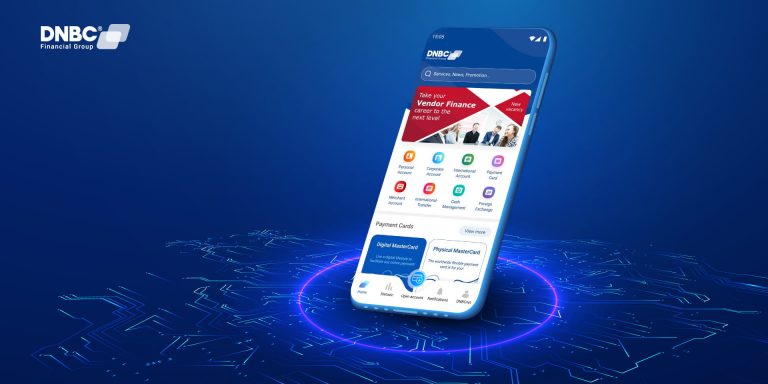In the fast-paced world of banking and financial transactions, regulations play a crucial role in ensuring the safety and security of customer funds. PSD2 regulations – the second Payment Services Directive, or PSD2, is one such regulation that has significantly impacted the European payment industry.
In this article, we will explore what PSD2 regulations are and why they are important for the banking industry.
What are PSD2 regulations?
PSD2 is a regulation introduced by the European Union put into effect on January 12, 2016, mandated that EU Member States transpose it into their national laws by January 13, 2018.
PSD2 has introduced new payment services, such as open banking, which allows third-party providers to access a customer’s financial data to initiate payments and other financial transactions.
PSD2 is to regulate payment services and protect consumer rights. It aims to create a level playing field for payment service providers, promote competition, and enhance consumer protection.
One of the most significant aspects of PSD2 is the requirement for strong customer authentication (SCA), which aims to reduce online payment fraud.
What are PSD2 regulations?
The regulation requires all electronic transactions to be authenticated using at least two of the following three elements: something the customer knows (e.g., a password), something the customer has (e.g., a token), or something the customer is (e.g., a biometric feature).
This measure ensures that only the authorized person can access the customer’s account and carry out transactions.
How important are PSD2 regulations in payments?
PSD2 regulations are essential for several reasons.
Firstly, the regulations aim to create a level playing field for payment service providers, promoting competition and ensuring that consumers have access to the best payment options available.
The regulations also provide a standard framework for payment providers across the European Union, enhancing transparency and promoting the growth of the payment industry.
Secondly, PSD2 regulations aim to enhance consumer protection, reducing the risk of online payment fraud and ensuring that customer data is kept safe and secure.
With the introduction of strong customer authentication, the risk of fraudulent activities is reduced, and customers have peace of mind knowing that their data and funds are protected.
Finally, PSD2 regulations have created new opportunities for the financial industry. The introduction of open banking has created new payment services and business models, promoting innovation and competition within the industry.
The regulations also require payment service providers to share data with other companies, allowing for the development of new products and services.
Overall, PSD2 regulations have significantly impacted the payment industry and created new opportunities for payment service providers and consumers.
The regulations have enhanced competition, promoted innovation, and ensured that customers are protected from fraudulent activities.
With the introduction of strong customer authentication, the risk of online payment fraud is reduced, and customers can have peace of mind knowing that their funds and data are safe and secure. As the payment industry continues to evolve, PSD2 regulations will play a crucial role in shaping its future.
DNBC Financial Group is your trusted provider in international money transfer
- Get 100% free 1-on-1 support
- 100% free account opening
- Seamless onboarding process
Or please contact DNBC
Email: [email protected]
Phone Number:
- +65 6572 8885 (Office)
- +1 604 227 7007 (Hotline Canada)
- +65 8442 3474 (WhatsApp)



 DNBC Team
DNBC Team







